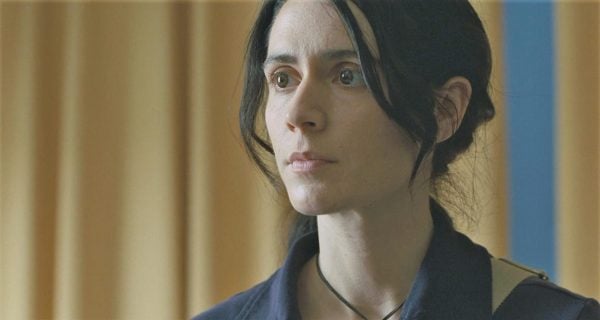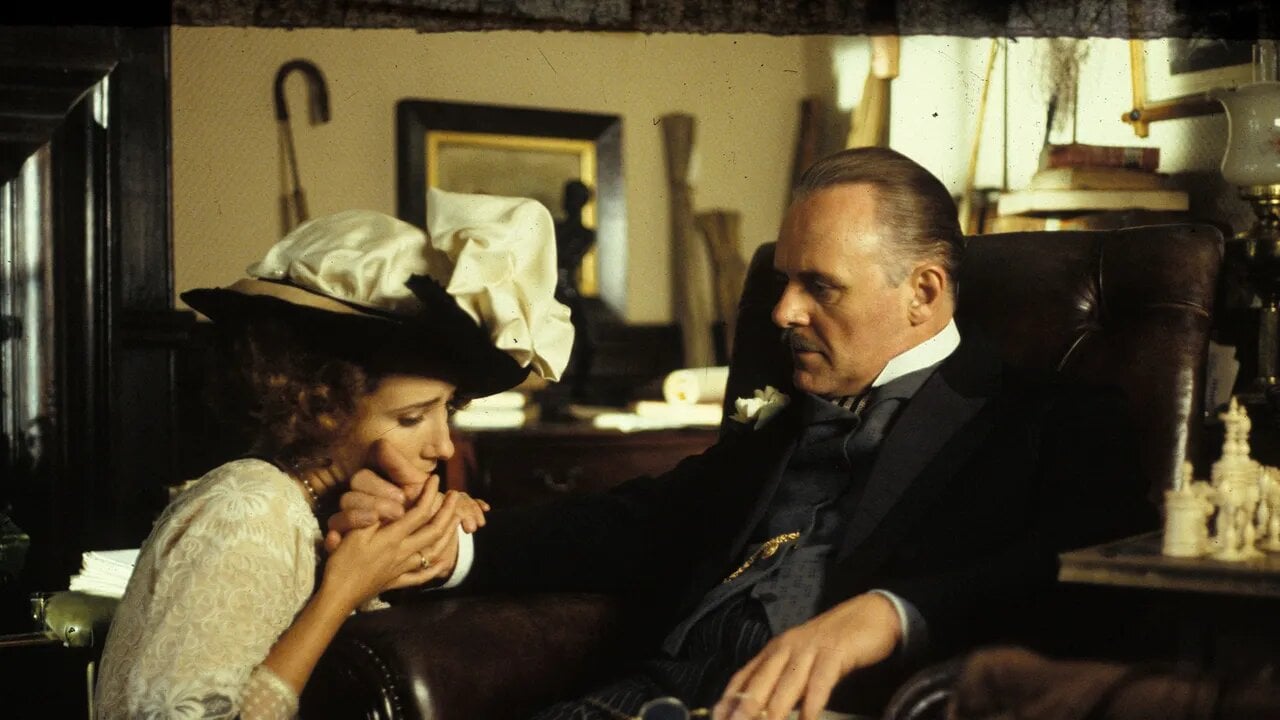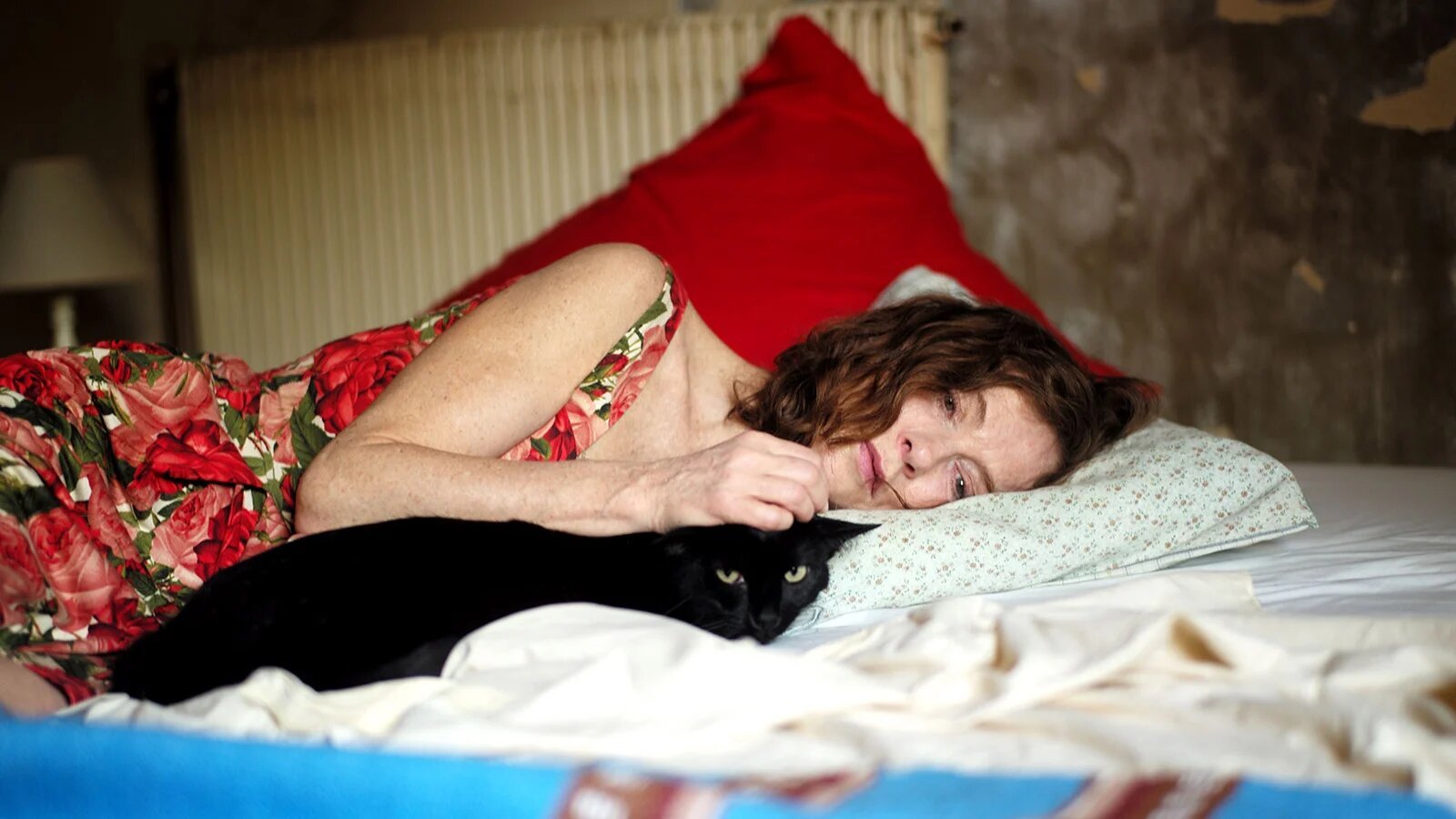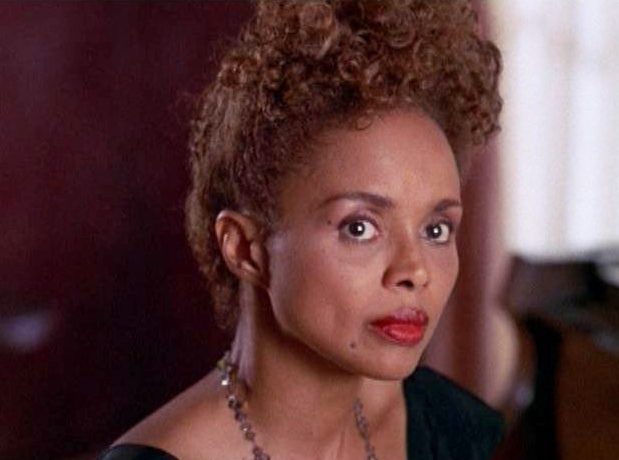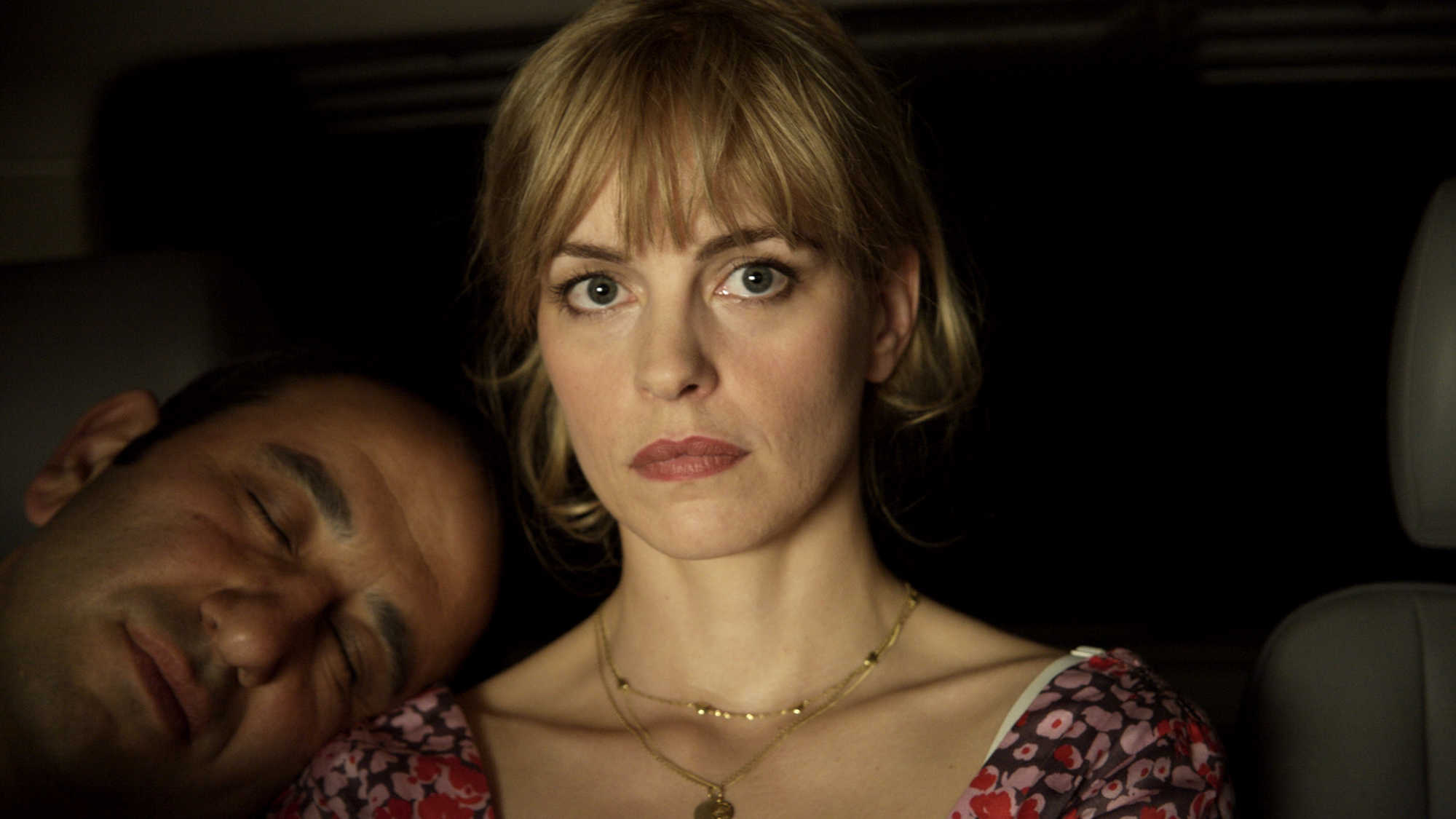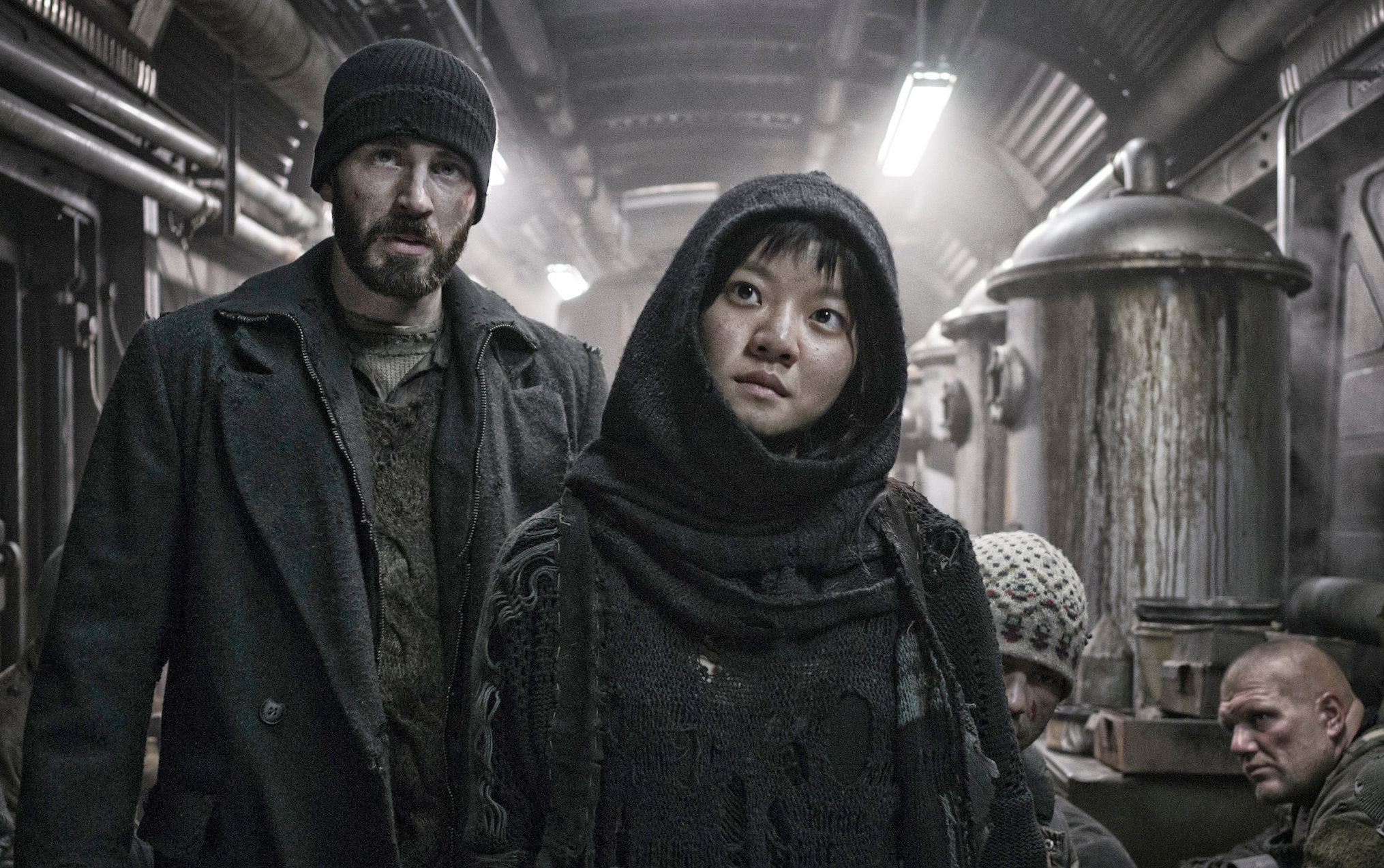
30 Best Movies On Mubi Right Now
April 23, 2024
Share:
Since Mubi acquired The Match Factory, they seem to have dropped their model of one film per day. Now, just like other streaming services, their catalog features hundreds of titles.
This means they now also have the same problem as other streaming services: not knowing what to watch. So, below, we made a dynamic list for our 30 best picks on MUBI at any one time. This list will automatically update every day.
Read also:
1. Incendies (2011)
Country
Director
Actors
Moods
This French-Canadian slow-burner, written and directed by Denis Villeneuve, will pull you in with one of the best movie beginnings of all time – and its outstanding ending will leave you shaken. To fulfill their mother’s last wish after her sudden death in Montreal, the two twins Jeanne and Simon must travel separately to an unnamed Middle-Eastern country (with strong resemblances to civil-war-torn Lebanon) to deliver letters to close relatives they never knew they had.
The twins’ quest into a dark and staggering family history makes them experience themselves and the violence of war like they had never imagined. Their ordeal is interrupted by a series of flashbacks telling the story of their mother, Nawal Marwan, before leading them to uncover a deeply disturbing secret. Based on Wajdi Mouawad’s 2003 play of the same name, this melodramatic war thriller takes a poetic and poignant look at how families are shaped by atrocities – even long the after wars that produced them have ended.
2. Blue Is the Warmest Color (2013)
Country
Director
Actors
Moods
More simply called La Vie d’Adèle in its native language, this French coming-of-age movie was hugely successful when it came out and was probably one of the most talked-about films of the time. On the one hand, the usual puritans came to the fore, criticizing the lengthy and graphic sex scenes. On the other hand, Julie Maroh, who wrote the source material that inspired the script, denounced Franco-Tunisian filmmaker Abdellatif Kechiche for directing with his d*ck, if you don’t mind me saying so, while also being an on-set tyrant. Whatever you make of this in hindsight, the only way to know is to watch this powerfully acted drama about the titular Adèle (Adèle Exarchopoulos), and her infatuation with Emma, a free-spirited girl with blue hair, played by Léa Seydoux. The film beautifully and realistically portrays Adele’s evolution from a teenage high-school girl to a grown, confident woman. As their relationship matures, so does Adèle, and she slowly begins to outgrow her sexual and philosophical mentor. Whatever your final verdict on the controversial sex scene, Blue Is the Warmest Color is without doubt an outstanding film as are the performances from Exarchopoulos and Séydoux.
3. Howards End (1992)
Country
Director
Actors
Moods
With Howards End, the magic trio of producer Ismail Merchant, director James Ivory, and writer Ruth Prawer Jhabvala converted yet another turn-of-the-19th-century EM Forster novel into exquisite cinematic form. Ravishingly shot and performed to career-best heights by many of its cast, Howards End loses nothing of the elegance we expect from a period drama, and yet it also feels thoroughly modern. The film charts the tragic entwining of three families: the progressive and intellectual middle-class Schlegel sisters, the much more traditionally minded and wealthier Wilcox family, and the Basts, a down-on-their-luck working-class couple. It’s the liberally minded Schlegels who cross the class divide of 1910 London to bring these two distant social circles so close to each other, but it’s the old-world values of the Wilcoxes that make that meeting a tragic one. Simmering with rich emotion and crackling with class politics, Howards End is the crowning glory of the Merchant Ivory powerhouse and the rare perfect period drama.
4. Norte, the End of History (2014)
Country
Director
Actors
Moods
Clocking in at just over four hours and shot in vivid color, Norte, the End of History stands not only as Filipino auteur Lav Diaz’s best work since his earliest films, but as the easiest entry point into his unique filmography. Told on a sweeping yet intimate scale, the film has all the trademarks of Diaz’s work: slow, lengthy shots; bursts of dense dialogue and philosophizing; and copious amounts of human despair and systemic corruption. As our three protagonists’ souls (who rarely share the screen, if at all) are pushed to the limit after a terrible crime is committed, everything heads toward universal truths—the perseverance of love, and the inevitability of divine justice.
It can be difficult to recommend any film of this length and deliberate pace, but Norte remains a masterful example of how to use time itself to build a monumental story.
5. 35 Shots of Rum (2008)
Country
Director
Actors
Moods
This bittersweet film about a father and a daughter marks one of the more tender spots in Claire Denis’ brilliant filmography. Frequent collaborator Alex Descas plays Lionel (the father), while Mati Diop, now a director in her own right, plays Josephine (the daughter.) The film captures the two at a crossroads, with their closely-knit relationship tested as Josephine grows closer to her boyfriend, and Lionel must face the possibility of finally letting her go.
A melancholy lingers in the air as we learn more about their lives and the small community of neighbors and coworkers in their orbit. Meanwhile, the film’s climax holds a mesmerizing sequence set to the Commodores’ Nightshift, which has to rank as one of the best needle drops in cinema from a director who already has an all-timer under her belt. (see. Beau Travail)
6. Things to Come (2016)
Country
Director
Actors
Moods
In Things to Come, life tests a philosophy professor on the very same subject she teaches. For Nathalie (Isabelle Huppert) — who has two grown-up children, a husband of 25 years, and a recurring publishing contract — the future isn’t something she gives much thought, because she assumes it’ll be more of the same. When her students protest against a law to raise the pension age, this middle-aged ex-anarchist can’t bring herself to engage with their apparently far-sighted cause; unlike them, all she can think about is the present. But then a series of events overturn her life as she knew it and she finds herself, at middle age, staring at a blank slate.
This is a movie about our surprising ability to deal with disaster — the instincts that emerge when we least expect them to. What’s more, it’s about the insistence of life to keep going no matter how difficult a period you’re experiencing — something that might initially seem cruel but that is, actually, your salvation. The film’s academic characters and philosophical preoccupations never feel esoteric, because Hansen-Løve’s gentle, intelligent filmmaking puts people at its center as it explores human resilience — not through stuffy theory, but an intimate study of someone coming to terms with a freedom she never asked for.
7. Eve’s Bayou (1997)
Country
Director
Actors
Moods
Eve’s Bayou is a Southern Gothic tale of spirituality, family, secrets, and the ties that bind them together. The story follows the awakening, both spiritual and emotional, of young Eve Baptiste. The middle sibling of the Baptiste family, 10-year-old Eve, navigates childhood while enduring the tumultuous relationship between her mother and father.
What lurks beneath a seemingly ordinary marital conflict is an insidious betrayal that could tear her entire family apart. Eve’s Bayou should be considered one of the greatest Black American epics of the past 25 years. I adore this film because it is unflinchingly real – and honest about the sometimes rocky reality of familial bonds.
8. Threads (1984)
Country
Director
Actors
Moods
Named for all the connections that form a functioning society, Threads is a harrowing look at what might happen when those ties are rent apart by nuclear war. This British TV movie — released during the Cold War — so violently seized on the nuclear anxieties of the time that its premiere was dubbed “the night the country didn’t sleep.” Depressingly, it hasn’t lost that initial resonance, and so it remains a panic attack-inducing watch.
Threads begins in the kitchen-sink vein of a Ken Loach movie. In the northern industrial town of Sheffield, a young couple from different social classes (Reece Dinsdale and Karen Meagher) discover they’re about to be parents — but looming above their small-scale drama are the clouds of war, as televisions and radios blare out the details of escalating tensions between the US and the USSR. And then, it happens: the town is strategically bombed, and Threads unfurls into an unrelenting nightmare. In the documentary-like approach that follows, it spares no graphic or emotional detail, charting both the personal devastation caused by the bomb and the annihilating impact of the nuclear holocaust on all the vital infrastructure we take for granted. In short, one of the bleakest, most terrifying movies ever made.
Read also:
9. Lingui: The Sacred Bonds (2021)
Country
Director
Actors
Moods
There’s much to despair at in Mahamat-Saleh Haroun’s drama set in Chad, where abortion is illegal, female genital mutilation isn’t, and single mothers are ostracised. Amina’s (Achouackh Abakar) 15-year-old daughter Maria (Rihane Khalil Alio) has just been expelled from school because she’s pregnant. Like Amina, Maria has been abandoned by the child’s father — but, having witnessed first-hand the stigma that comes with being an unmarried mother, she refuses to let history continue repeating itself, and declares she wants an abortion.
But underground abortions are expensive, and the duo are barely scraping by as it is, in spite of Amina’s backbreaking manual work. Their situation is dire — and there are more disturbing revelations to be had — but, despite the bleakness of Lingui’s plot on paper, the film isn’t miserabilist. As Amina searches desperately for a safe abortion provider, she takes us with her into a furtive underground network of solidarity, one that offers the mother and daughter all the compassion and aid that the government and their imam should be providing. This is a film in which acts of kindness are quietly delivered on the understanding that that’s what we owe each other, and one where sisterhood is alive — making this, paradoxically, a simultaneously enraging and heartening watch.
10. Jerichow (2009)
Country
Director
Actors
Moods
German writer-director Christian Petzold tells a story of a fateful encounter trapped in a love triangle. Thomas, Laura, and her husband Ali quickly become enmeshed in a three-way relationship rich with desire, pressure, and betrayal. Another Hitchcockian tribute by Petzold, Jerichow has all the elements of a neo-noir, but it’s set in broad daylight. The plotting, the secret love affairs, the femme fatale with no back up plan: all the necessary ingredients for a chaotic tale, wrangled by desirous tensions, to say the least. A film whose mystique is rather haunting, but far from spectral, Jerichow doesn’t conceal its clear references to “The Postman Always Rings Twice”.
Comments
Add a comment
Ready to cut the cord?
Here are the 12 cheapest Live TV streaming services for cord-cutting.
More lists
Lists on how to save money by cutting the cord.
Curated by humans, not algorithms.
© 2024 A Good Movie to Watch. Altona Studio, LLC, all rights reserved.
